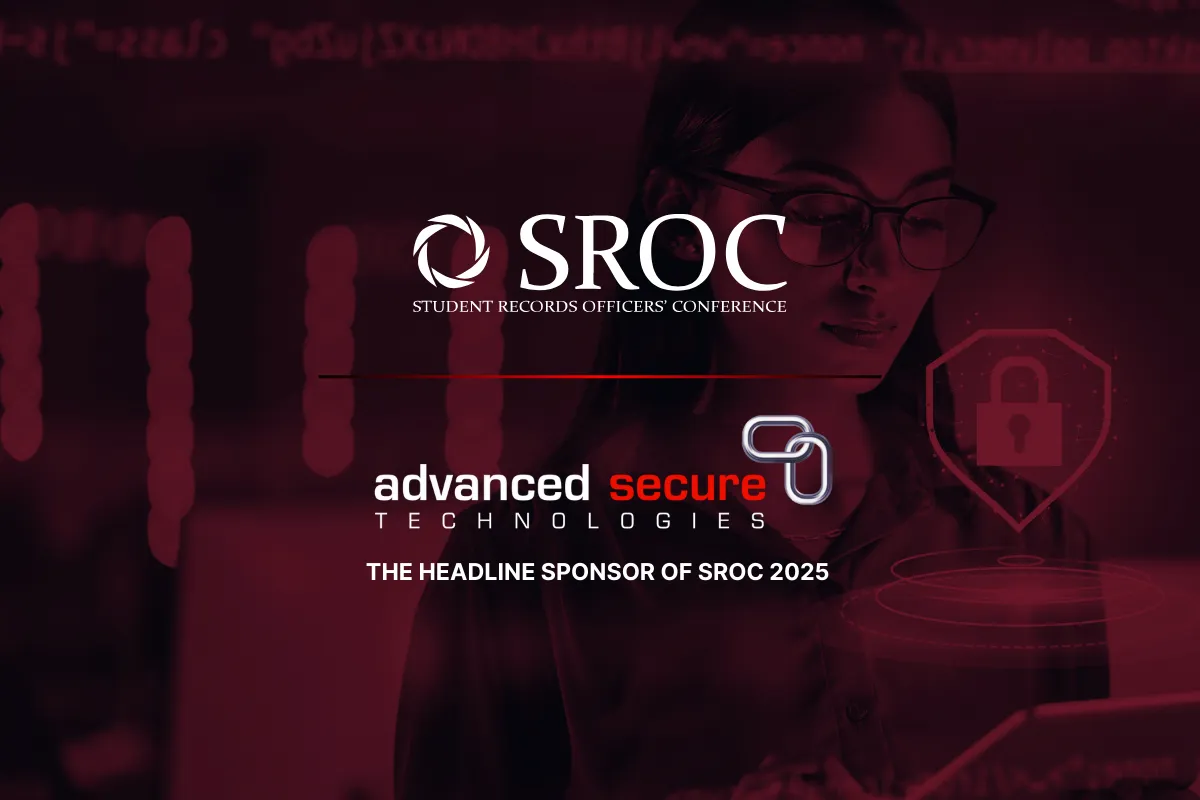Certificate fraud is a significant, ongoing challenge for the education sector. Whether you’re an Academic Registrar, Pro Vice-Chancellor, or CEO, you’ll know that academic integrity is critical for attracting students and maintaining an excellent reputation.
You’ll also know just how quickly qualification fraud can undermine the credibility of your institution.
That’s why it’s vital to implement secure certification technologies to stop fraud – but first, it’s key to understand how and why fraud occurs.
The impact of academic fraud on trust and reputation
The threat of reputational damage stands as one of the biggest concerns for the education sector when dealing with certificate fraud.
Take the recent case of Oscar Mabuyane, Premier of the Eastern Cape in South Africa, who was found to have entirely fabricated his degree from Fort Hare University (FHU).
The university found itself at the centre of a public relations nightmare, suffering financial losses and intense scrutiny. University management and governance were questioned and investigated for corruption. The public outrage meant the university had to move cautiously, spending additional resources to reassure staff and students.
Unfortunately for the education sector, fake academic credentials are a global challenge. In Korea, a scandal broke when the son of former Justice Minister Cho Kuk was forced to return his master’s degree from Yonsei University Graduate School, ‘one of the nation’s most prestigious universities in Seoul,’ when a court found the internship certificate he submitted during the admission screening had been falsified.
At the same school, the daughter of Vice President Lee Kyung-tae was found to have received preferential treatment in her exams and was subsequently illegally admitted to the school – leading to police procedures being initiated against six of the professors involved. As a result, students at the university became ‘increasingly angry’ and staged a rally demanding the school to refund part of their tuition.
Closer to home, the University of the West of Scotland (UWS) was notified by The National, that there was a network of fake certificates being sold for as little as $600. Without being alerted these fraudulent certificates would have continued to be sold, allowing undeserving individuals to exploit their ranking among the top 3% of universities in the world for their own personal gain. This not only devalues genuine accomplishments but threatens the university’s reputation for quality teaching standards.
This fraud was reported to Hedd (Higher Education Degree Datacheck) however the daunting matter is that degree mills are on the rise. In 2019, Hedd identified more than 240 bogus providers in the UK alone, emphasising the substantial number of fraudulent documents that could be imitating your organisation’s qualifications.
The team at Advanced Secure Technologies have seen first-hand how difficult it is for universities to know just how many fake certificates are in circulation, which is why degree verification is so important.
“The ripple effect on trust and the potential threat imposed on the wider society motivates us to develop secure certification solutions to protect our customers from fraud. “The only way to prevent academic fraud is through continuous innovation; it’s down to staying ahead of the fraudster and providing secure certification technologies that can’t be manipulated and that our customers can trust.”
– Georgina Lee, Advanced Secure Technologies

Understanding the wider consequences of academic fraud on business and decision-making
Institutions like UWS, Fort Hare and Yonsei University found themselves in a position of diminished trust and scrutiny. This situation can deter prospective students from applying, and current students could become increasingly worried that their academic credentials will be questioned.
Furthermore, companies accepting job candidates from these education providers may doubt the legitimacy of any document obtained from these organisations.
The consequences of unwittingly hiring a candidate with fake qualifications can be detrimental to businesses. Their future decision-making and hiring processes will be examined, causing stakeholders and customers to lose trust and confidence. A single incident can erode years of credibility, making it difficult to restore its reputation.

References:
Recruitment fraud costs organisations £23.9bn annually
The average cost of dealing with document fraud is between £170,000 and £250,000
2 in 5 people would not report a suspected CV fraud to HR vs 2021 (1 in 3)
Case study 1: Stopping certificate fraud in action.
One of our university customers was facing challenges with the lack of security features within their certificates. They approached us about our secure paper technology after discovering their certificates were being modified and photocopied for job applications and they were unable to control it.
“Before implementing our secure certification system, the customer felt vulnerable to fraud. Finding out they were targeted, and their brand name was being used to provide legitimacy to fake certificates was distressing, to say the least.”
“The customer knew they needed a secure certification partner to offer the highest level of security for their valued documents.”
– Georgina Lee, Advanced Secure Technologies
How education institutions can prevent certificate fraud
The credibility of the UK’s education sector makes it a profitable opportunity for fraudsters to imitate documents and falsify academic credentials, which is why it’s so important for education providers to implement advanced certification technologies to stop fraud and protect their reputation.
“Our experience in preventing fake certificates has reinforced the importance of innovation in secure certification technologies to maintain document integrity for our customers, protecting institutions against reputational damage and fraud risk.” –
– Georgina Lee, Advanced Secure Technologies.
Forging qualifications is a well-established practice and will only become more prevalent in the future.
To prevent fraud, contact our Advanced Team or learn more about our secure certification technologies




